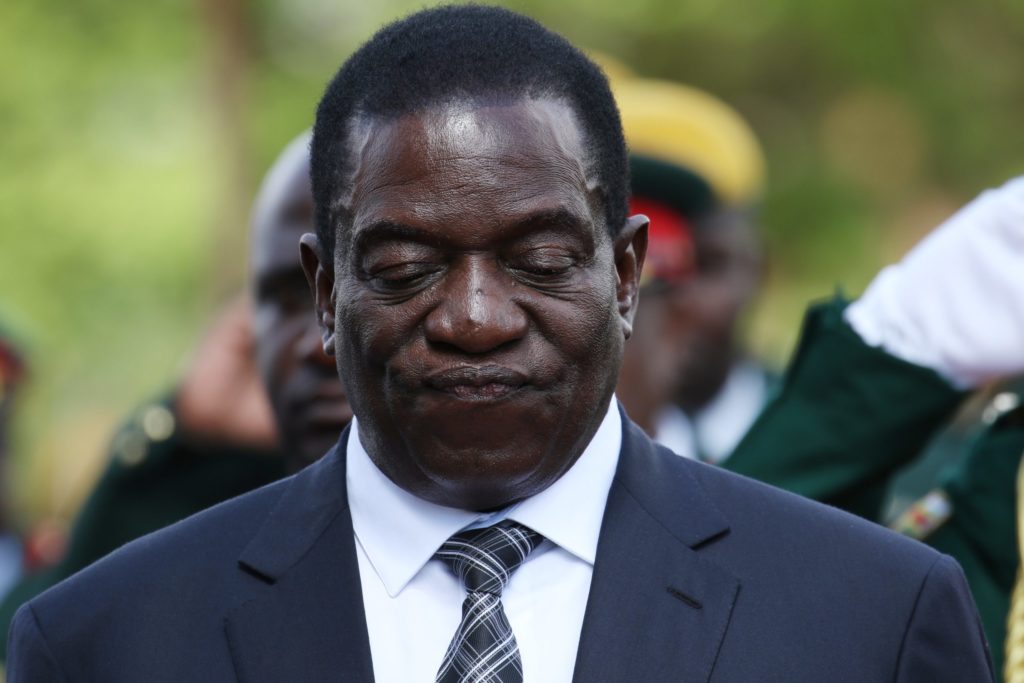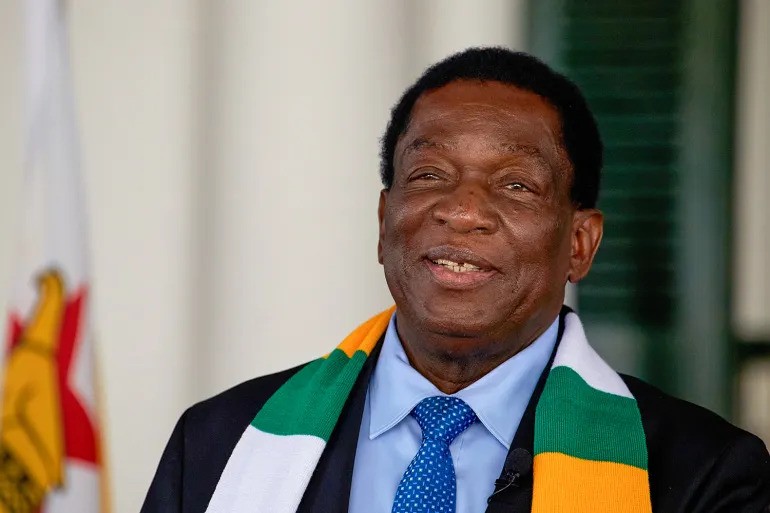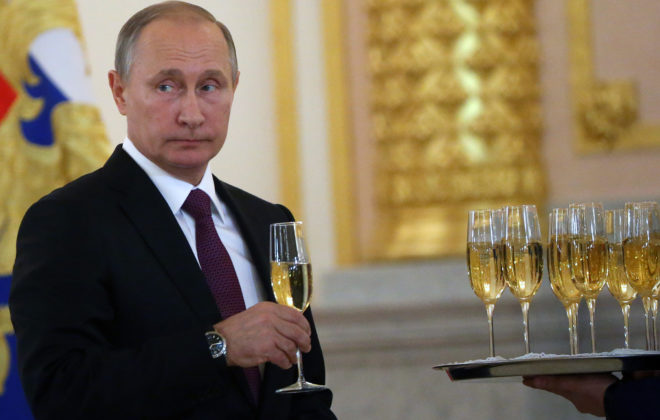Zimbabwe’s alarming slide in the Human Freedom Index (HFI) has now positioned it below even coup-afflicted nations like Niger and Gabon, earning it the dubious distinction of being the least free country in Southern Africa. The 2023 HFI results, recently released, paint a grim picture of the nation’s state of liberty.
With a disheartening score of 4.86 out of 10, Zimbabwe hovers precariously close to the bottom-ranked Syria, just 1.9 points away. The HFI, employing 86 diverse indicators, assesses the absence of coercive constraints and includes parameters such as the rule of law, security, and freedoms relating to expression, association, information, economy, and judicial operations.
The report highlights a global downturn in human freedom following the Coronavirus pandemic. Notable declines were observed in rule of law, freedoms of movement, expression, association, and assembly, as well as trade freedom. The data also underscores a stark global inequality in freedom distribution, with a mere 13.8 percent of the global population residing in the highest quartile of the HFI, while 37.6 percent live in the bottom quartile.
Regions like North America, Western Europe, and Oceania rank high in freedom levels, in stark contrast to the Middle East, North Africa, sub-Saharan Africa, and South Asia, which languish at the bottom.
Zimbabwe’s current status, though alarming, is not its nadir; the worst phase was between 2004 and 2008. However, since 2016 — a year before President Emmerson Mnangagwa’s rise to power through a November coup — the country has seen a sharp decline, consistently falling below the regional average.
The nation’s poor human rights record has been exacerbated by alleged state-sponsored abductions of opposition figures, suppression of democratic spaces, and contentious election handling. Post-August’s general elections, several opposition Citizens Coalition for Change (CCC) Councillors and legislators have faced arrests, abductions, or imprisonment.
Zimbabwe’s protracted economic crisis, which has eroded wages and impoverished millions, has also significantly contributed to this bleak assessment.
The report concludes with a significant correlation between human freedom and democracy, suggesting that freedom is crucial to human well-being. It calls for further research into how freedom interacts with and is impacted by political regimes, economic development, and various human well-being indicators.-RF






